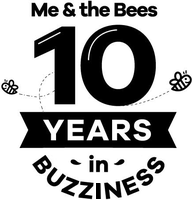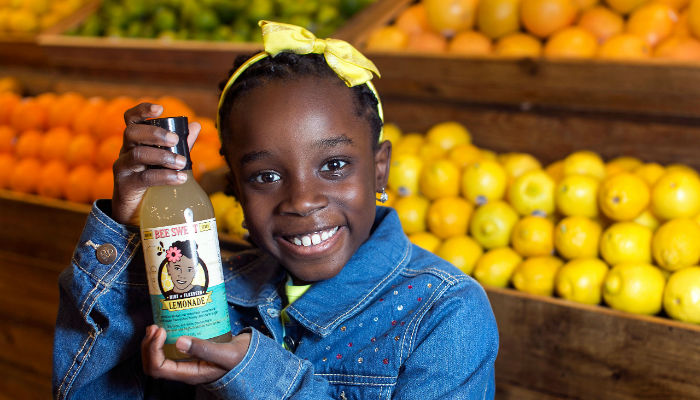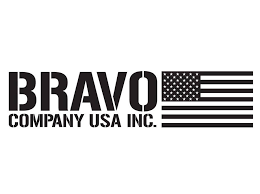
No one likes being stung by a bee – all you are left with is a painful red bump on your arm. Mikaila Ulmer’s bee sting left her with the inspiration to start a business. She came up with the idea to sell lemonade (her great grandmother’s recipe) and to donate part of the profits to help save the honeybees. At the age of 4, Ulmer entered the Action Children’s Business Fair where she pitched her idea. With help from her family, her business has grown by 500%. Ulmer now at age 15, sells her Me & the Bees Lemonade at a variety of major retailers and has even appeared on the show Shark Tank. The fact that Ulmer was 4 years old when became the founder of her own business that has grown so substantially shows her entrepreneurial gifts.


 other taught her to cook when she was five years old. In 2008, her father was diagnosed with type 2 diabetes. Since then, she and her family became devoted to living a healthy life, in their eating and lifestyle choices. Since then, they have been able to reverse her father’s diagnosis of type 2 diabetes.
other taught her to cook when she was five years old. In 2008, her father was diagnosed with type 2 diabetes. Since then, she and her family became devoted to living a healthy life, in their eating and lifestyle choices. Since then, they have been able to reverse her father’s diagnosis of type 2 diabetes.
